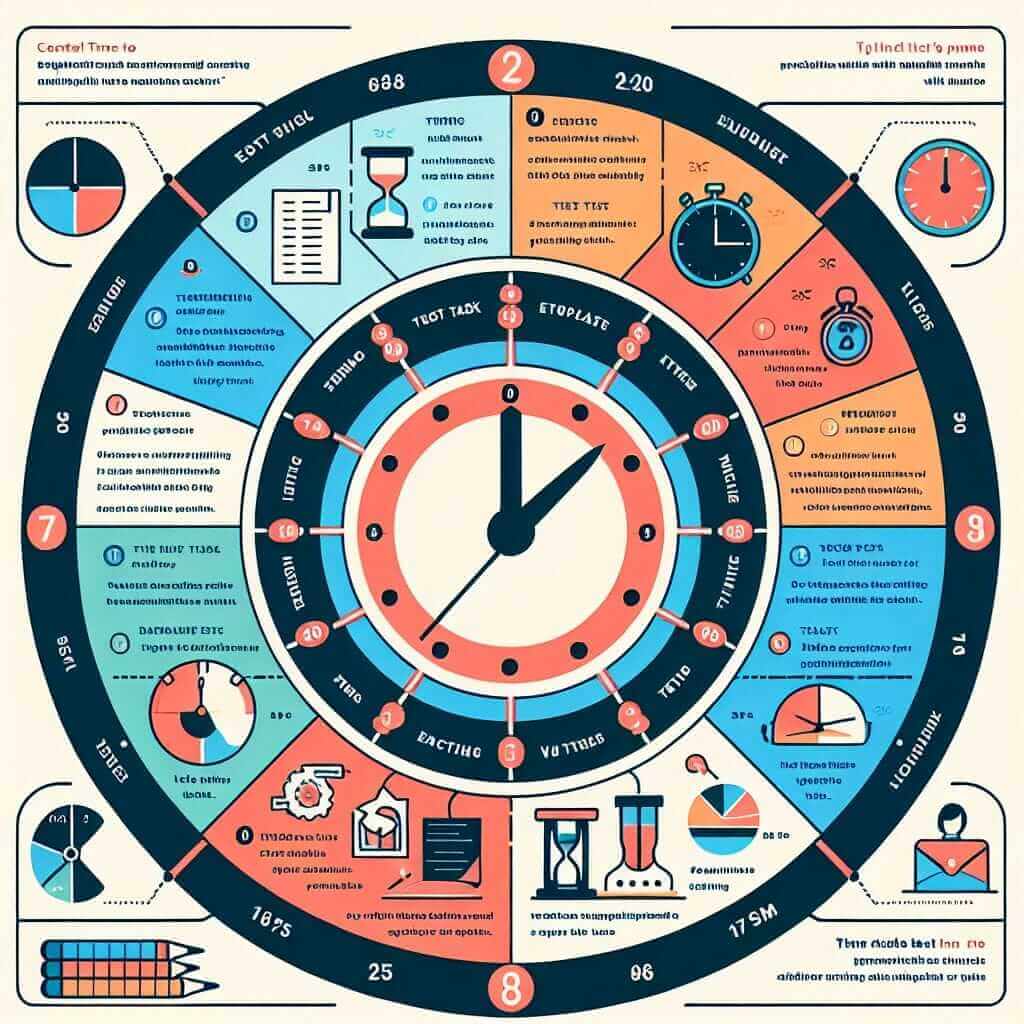As an IELTS instructor with over 20 years of experience, I’ve encountered countless students anxious about the possibility of not finishing their writing tasks. It’s a valid concern, as completing both tasks within the 60-minute time limit can be challenging. Let’s delve into the scoring implications of unfinished writing sections and discuss strategies to maximize your band score, even if you don’t write as much as you’d hoped.
The Impact of an Unfinished IELTS Writing Task on Your Score
The stark reality is that an unfinished writing task will negatively impact your score. Here’s why:
Task Achievement/Response:
This criterion assesses how thoroughly you address all parts of the prompt. An incomplete essay will inevitably lose marks in this area because you haven’t fully responded to the question.
Coherence and Cohesion:
A well-structured essay with a clear progression of ideas is crucial for a high score. If your essay abruptly ends, it will lack a proper conclusion, disrupting the overall flow and negatively impacting this criterion.
Lexical Resource and Grammatical Range and Accuracy:
These criteria evaluate your vocabulary and grammar. While not finishing your essay doesn’t directly hinder your use of advanced language, it limits the opportunity to showcase your full range of skills.
Strategies to Avoid Leaving Your IELTS Writing Task Unfinished
1. Effective Time Management:
- Allocate Time Wisely: Spend approximately 20 minutes on Task 1 and 40 minutes on Task 2, as Task 2 carries more weight.
- Practice Regularly: Time yourself during practice sessions to simulate exam conditions and improve your writing speed.
- Plan Before Writing: Jot down key ideas and vocabulary before you begin writing to ensure a more focused approach.
2. Mastering the Art of Concise Writing:
- Focus on Quality over Quantity: It’s better to have a well-structured, concise essay that addresses all parts of the prompt than a lengthy, rambling piece that lacks focus.
- Use Linking Words Effectively: Transition words like “furthermore,” “however,” and “in conclusion” can help you connect ideas seamlessly and create a coherent flow.
3. Prioritizing Key Information:
- Address All Parts of the Task: Even if you can’t develop every idea fully, make sure to acknowledge and briefly discuss all aspects of the prompt.
- Don’t Dwell on Less Important Points: If you find yourself running out of time, prioritize the most significant arguments and supporting details.

Example:
Let’s say the Task 2 essay prompt is:
“Some people believe that the best way to improve public health is by increasing the number of sports facilities. Others, however, believe that education about healthy lifestyles is more important. Discuss both views and give your own opinion.”
If you’re running short on time, prioritize discussing both viewpoints (even if briefly) and providing your opinion. Don’t get bogged down trying to list numerous examples for each point.
Conclusion
While it’s ideal to complete both IELTS writing tasks, don’t panic if you find yourself pressed for time. By employing effective time management, writing concisely, and prioritizing key information, you can still achieve a respectable band score. Remember, a well-structured and coherent response, even if slightly unfinished, is better than an incomplete and disorganized one.